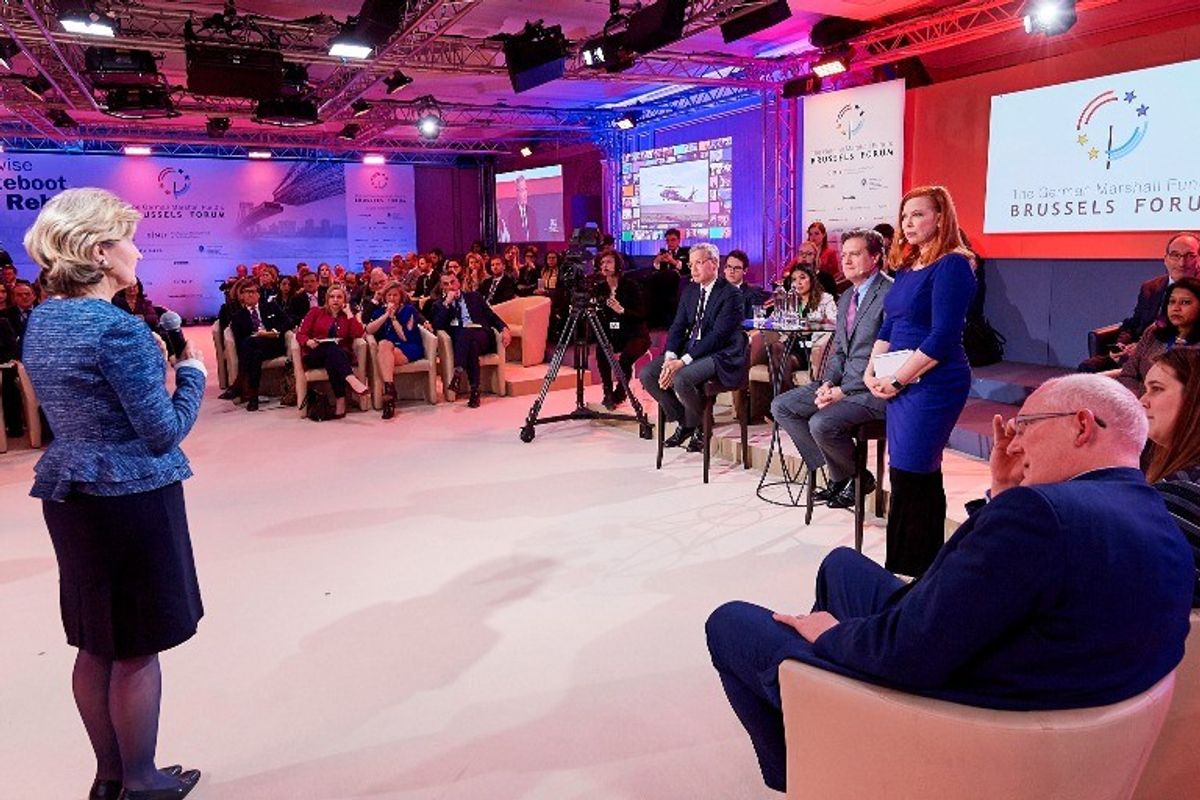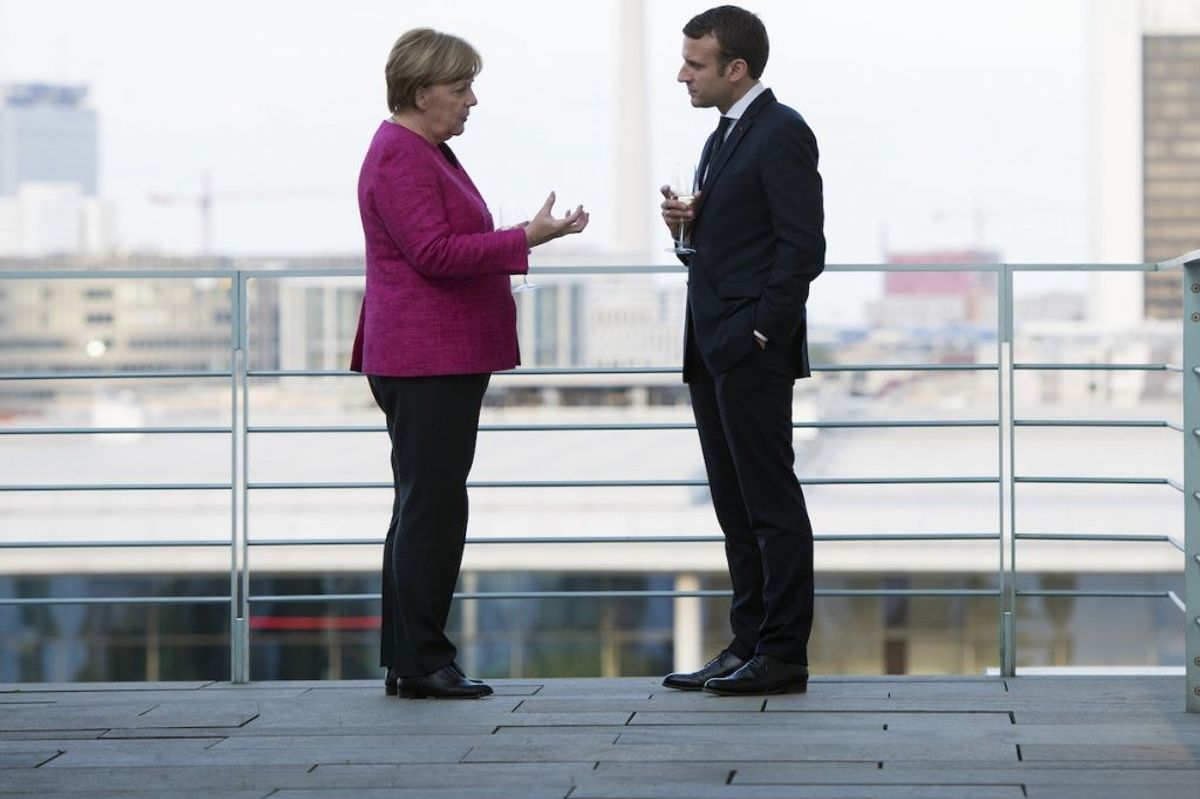A sigh of relief could be heard amongst Europeanists, when independent Green Party candidate Alexander Van der Bellen was declared the winner of the Austrian Presidential election this week. Yet grunts of discontentment could also be heard amongst the growing populist and nationalist voters across the continent, with far-right candidate Norbert Hofer losing by a slim margin. To gauge reaction on the ground, The Cipher Brief spoke with Georg Spiegelfeld-Schneeburg, a former center-right member of Austria’s Federal Council (Bundesrat) who served from 2003 – 2010.
The Cipher Brief: Far-right Austrian Freedom Party (FPÖ) presidential candidate Norbert Hofer narrowly lost the election on Monday, being defeated by Green Party candidate Alexander Van der Bellen. What is your reaction? Are you surprised the race was so close?
Georg Spiegelfeld: I thought that Hofer would win the election, since he could attract FPÖ followers as well as voters from the two main parties: the center-left Social Democrats (SPÖ) and the center-right People’s Party (ÖVP). He is particularly popular amongst working class men but was also strong amongst voters who had elected the ÖVP candidate in the first ballot of the presidential election. I am very relieved that this was not enough to elect Hofer president.
TCB: This election is historic for Austria. Why?
GS: Although the SPÖ-ÖVP grand coalition is still in government, it is the first time since 1945 that the head of state comes from another political background. It should be understood as a strong warning that Austrians want change. As the new chancellor of Austria has said, the time of stagnation and emptiness must end now or else the traditional government parties – the SPÖ and ÖVP – will be the subject of history books. The long-serving SPÖ chancellor, Werner Faymann, abruptly resigned in May after losing support from his party, largely due to his flip-flop policies on the European migrant crisis.
Van der Bellen and the new government no doubt have the potential to bring about the change Austrians are calling for, not only within Austria. This election has shown a change within Europe.
TCB: With Van der Bellen in the presidency, what does this mean for the business and investment climate in Austria? Is Van der Bellen a free markets and TTIP (Transatlantic Trade and Investment Partnership) supporter? Does his position give him any power over international trade negotiations?
GS: Van der Bellen is a professor of economics. He knows very well how important an open working market and free trade are, especially for our country. With regards to the Transatlantic Trade and Investment Partnership currently under negotiation between the U.S. and European countries, the President of Austria has no say. He acts on the proposal of the Chancellor. Additionally, the deal is being negotiated on an EU-level. So even if he has issues with TTIP, neither would he like to nor could he jeopardize the negotiations.
TCB: What does Van der Bellen’s election symbolize for Austria and for the greater European continent?
GS: That Austria is a European country and that it will continue to play a decisive role in the EU through its commitment to Europe.
TCB: Should Austria be considered a divided nation?
GS: Although two candidates nearly split the votes in this election (Van der Bellen received 50.3 percent of the vote, while Hofer received 49.7 percent), the society of Austria is not divided. The intense debate around the election was rather a sign of a matured Austrian democracy. Now, the government will finally have to take into account people’s fears and provide confidence in the future. Yet hopefully the Austrian people will recognize that refugees, despite being a burden now, offer an opportunity to bolster our economy and will contribute to a truly open society.












